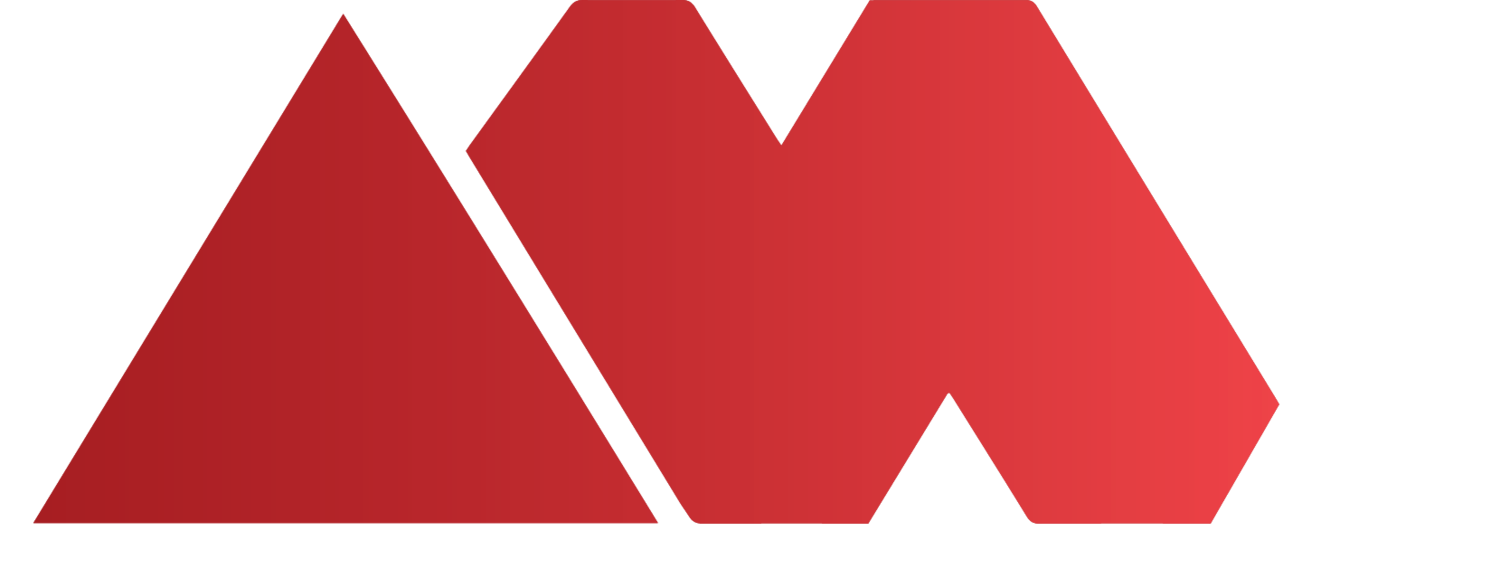When I started writing the article, I had a different perspective of being humble; however, the current situation which the world is facing due to COVID-19 has taught me and changed my view of what humility is all about.
Today's scenario is challenging all the norms and processes which we have set in our personal and professional life. There is no benchmark or blueprints available in the world which can either prepare, prescribe, or allow us to take action, which we don't know the outcomes or measures. The world is in an experimentation mode, everyday new methods, information, and aspects are enhancing or changing our experimentation methods. Humans have survived, and we would all survive this phase of the world.
The phase of the world also demands we, as human beings, take a step back, evaluate and appreciate what is around us. Today there is rage, fear, and a sense of hoarding which is brewing amongst us. We need to calm ourselves down and also evaluate how we manage the situations which are evolving every day and every hour. What is being requested of us is to demonstrate humility across the walk of life. Humility is a quality of being humble and a form of self-control that is neither having pride (or arrogance) nor indulging in self-deprecation.
Having a sense of humility in the business context allows individuals to build sustained relationships. In the age of digital, building relationships would test all the previous myths (in-person, handshake, body language, personal appearance, and many more). Displaying humility and being considerate of others' needs before yours would allow businesses to scale through the current and global scenario of the world. Functions in an organization like sales, marketing, finance, and even the board members sooner than later would need to adopt humility as a leadership style to weather the storm and also sustain the business in the short and mid-term.
Recent research suggests that humility is a quality of certain types of leaders. For example, Jim Collins and his colleagues found that a particular kind of leader, whom they term "level 5", possesses humility and fierce resolve. Humility is being studied as a trait that can enhance leadership effectiveness. The research suggests that humility is multi-dimensional and includes self-understanding and awareness, openness, and perspective-taking.
I am no expert in humility but have been consciously and unconsciously practicing it since the last decade. If you have perspectives on it further, please do leave your comments below. Chao.
